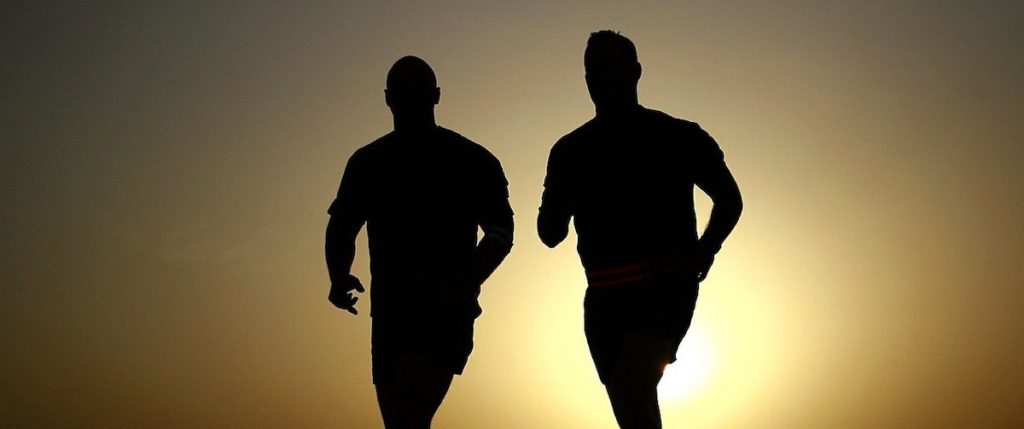Growing up, I wanted to be a geneticist. I also wanted to be a ballerina, a boxer, and an astronaut — but up until my sophomore year in college, I thought I was going to be a geneticist. I don’t know about you, but being able to read the microscopic blueprints to every single living organism sounded really cool to me.
The theory of Black athletic superiority — positing that Black athletes possessed a ‘natural talent’, innate physical abilities built into their DNA that gives them an advantage in sports — is part of a set of myths created by the white population originally to justify slavery, and have survived to this day, perhaps to mask white athletes’ fear of losing to or being outplayed by Black competitors.
What geneticists have known for a while now is that racial identity is not determined by genetics. Yes, skin color, morphological features, and other visual markers we use to “socially sort” people into races are biologically encoded in our genes — but beyond that, there are greater genetic variations within so-called racial groups than between them.
Editor’s note: This article is an op-ed. The views expressed herein and in the video are the author’s and don’t necessarily reflect the views of BarBend. Claims, assertions, opinions, and quotes have been sourced exclusively by the author.
This doesn’t mean that genetics has no impact on athletic performance. Studies focused on physical factors related to athletic performance suggests that genetic factors underlie between 30 to 80 percent of the differences among individuals in traits related to athletic performance, with external factors accounting for the remainder. So, yes, one can be genetically gifted when it comes to sports, but those genetic factors have nothing to do with race and are not automatically present in Black athletes.
These fallacies have somehow survived hundreds of years and it is about time we openly address the issue: The myth of natural talent is still being used as a cover for racism in sports.
No, I’m not saying that everyone who’s ever uttered those words is racist. This specific myth has become a part of the American sports vernacular — a racial stereotype repeated by broadcasters, coaches, fans, and even athletes themselves. The thing with racism, sexism, and cultural sensitivity, is that it is not about the intent. Whether there was no harm intended or the intent was to compliment — what really matters is the impact.
Here are a few ways in which the perpetuation of this myth negatively impacts Black athletes.
The myth is an underhanded way to portray blacks as genetically closer to beasts and animals and otherwise subhuman — attributing Black athleticism to jungle ancestry. The perpetuation of the myth emboldens overt acts of racism.
It minimizes — to the point of entirely dismissing — the hard work Black athletes have put in to succeed in a sport, especially in contrast to their stereotypically “witty” and “hardworking” white counterparts.
It amplifies any missteps or failures, as catastrophic, leading to a sometimes-debilitating fear of failure.
It causes athletes to internalize the myth, leading them to believe they are not meant to be students of the sport, not suited to thinking strategically, and not worthy of coaching or ownership positions — and that they are only meant to entertain.
This internalization coupled with the ‘cult of the Black athlete’ has disastrously spread anti-intellectual attitudes amongst a generation expected to make a living in a knowledge-based economy.
If you have made it this far, thank you. What I ask of you now is that you challenge this myth and accompanying racial stereotypes whenever and wherever you see it.
And while we are at it, let’s also stop calling Black athletes “articulate”, or telling them they “don’t sound Black”. This suggests that how they communicate is exceptional, and unexpected — implying by default that white people are automatically assumed to be articulate.
Whether a Black athlete chooses to communicate using Standard American English (SAE), African-American Vernacular English (AAVE), or they code-switch depending on the audience — the language they choose to use is neither an indicator of their ability to effectively communicate with others nor a determinant of their intelligence.
As uncomfortable as it may be, I ask that you and I call out and challenge the use and perpetuation of these myths and stereotypes. As athletes, coaches, commentators, lovers of sport — and humans — I ask that you join me in doing the work to eliminate racism from our sports and society as a whole.
